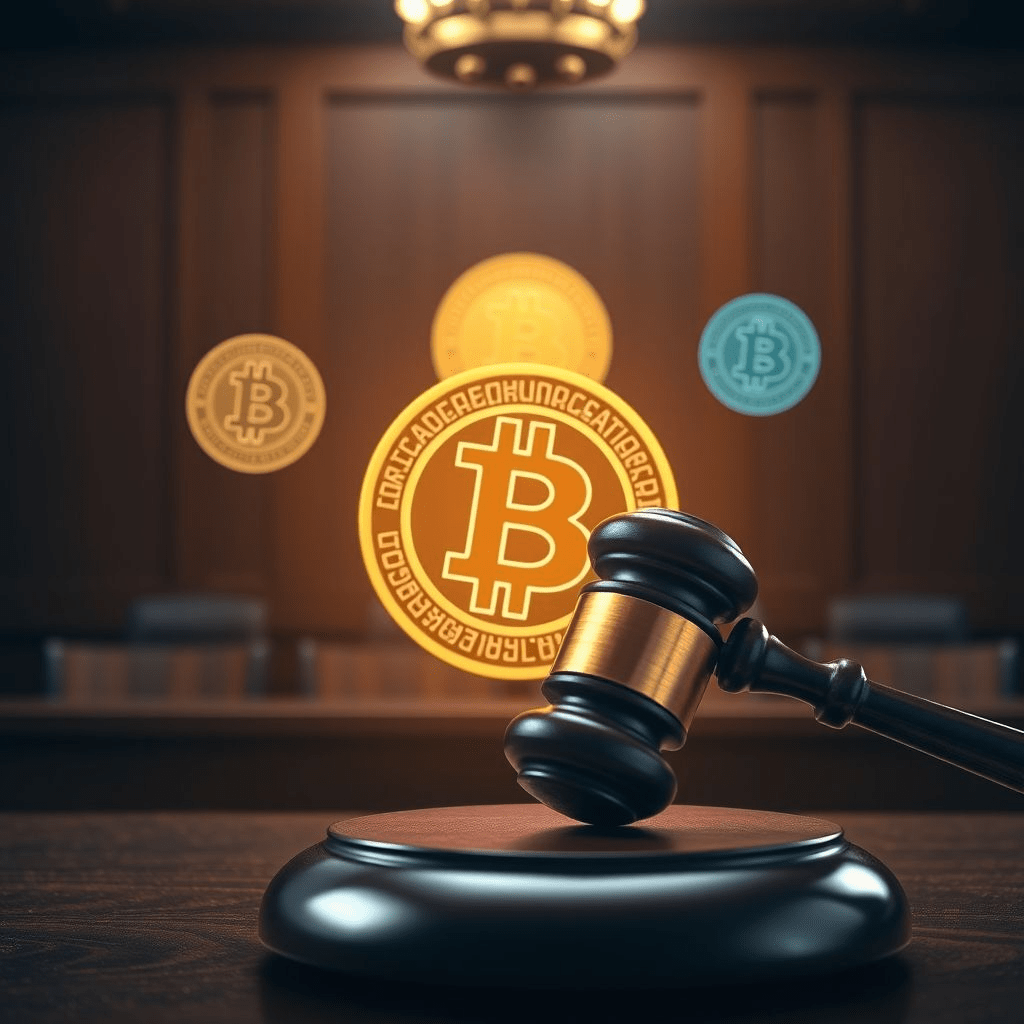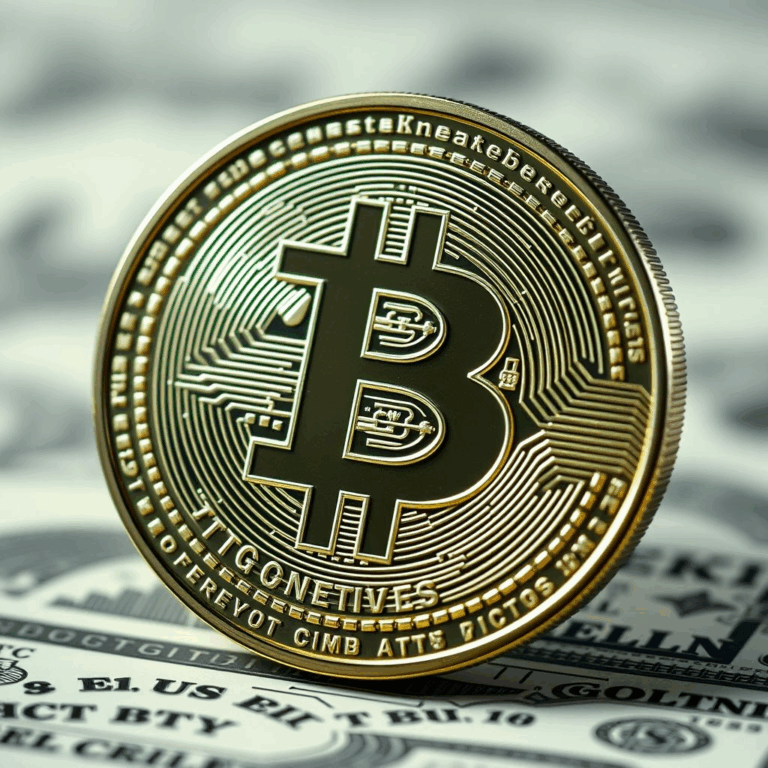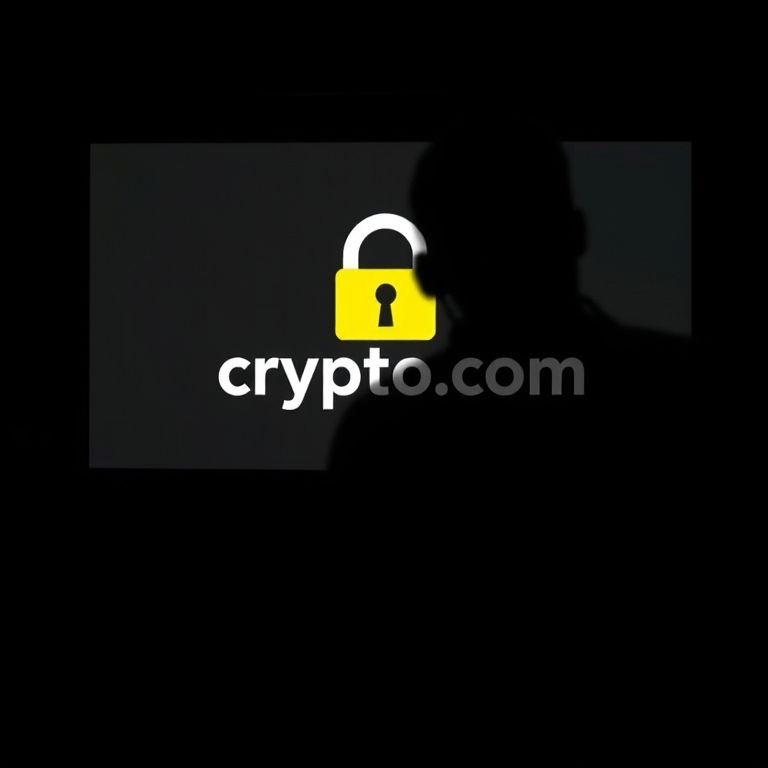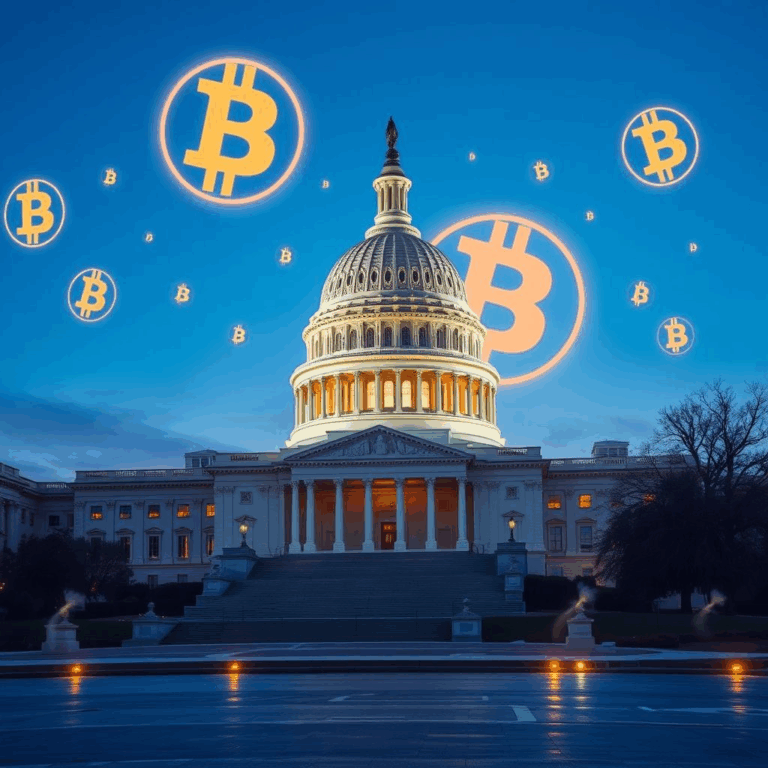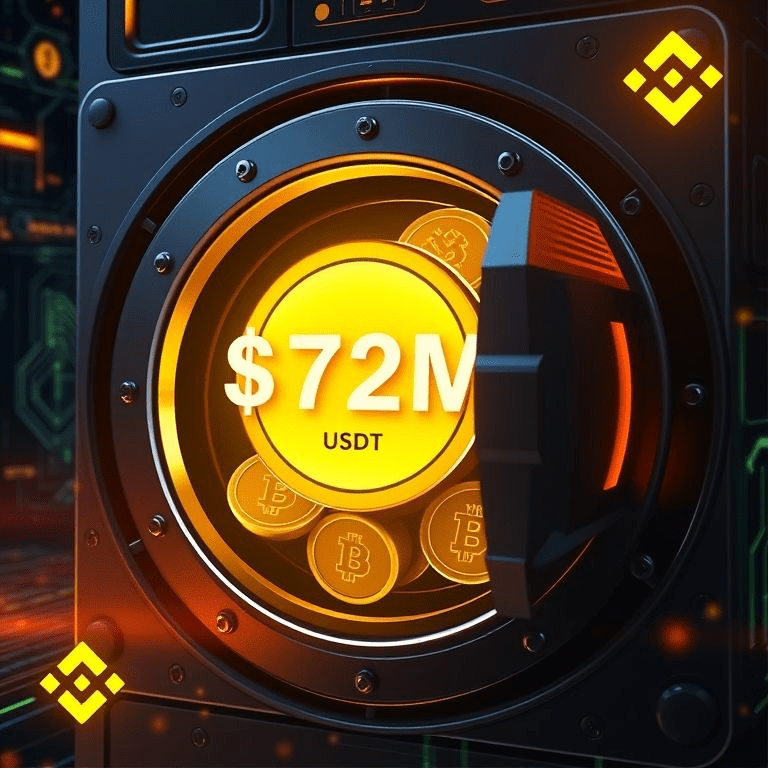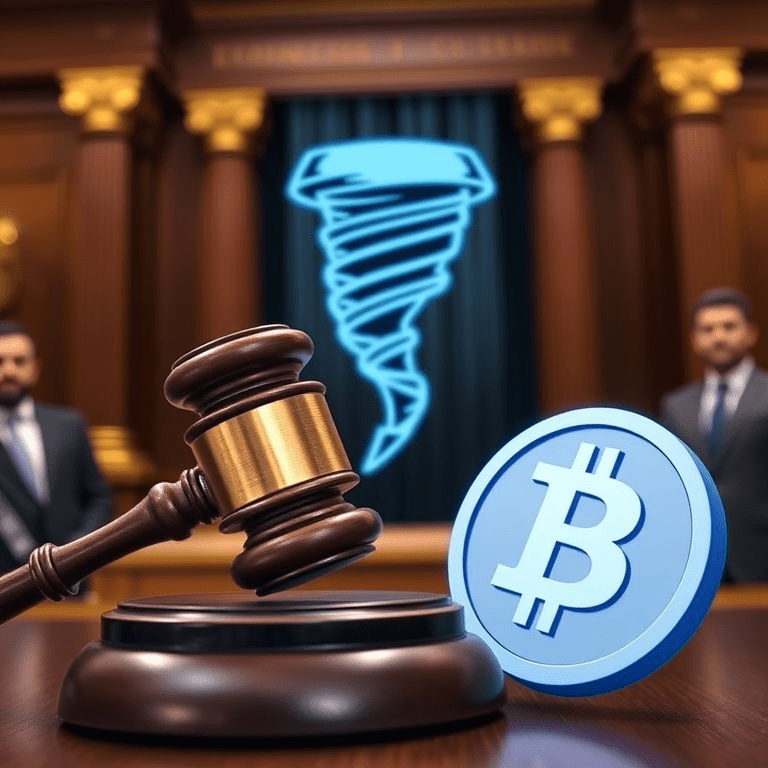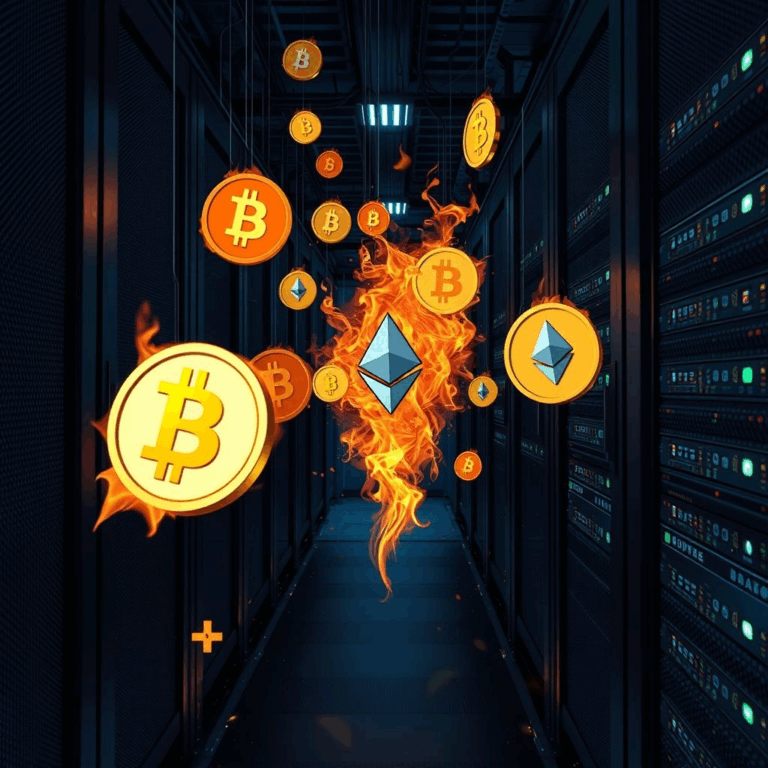A watershed moment for crypto accountability
In a pivotal legal development for digital assets, Terraform Labs co-founder Do Kwon pleaded guilty in U.S. federal court to fraud charges linked to the 2022 collapse of TerraUSD and Luna—an implosion that erased an estimated $40 billion in market value and reverberated across global crypto markets. The Do Kwon guilty plea, entered in the Southern District of New York on Aug 12, 2025, caps years of investigations and parallel civil actions that sought to determine whether investor communications and market activity around Terra’s algorithmic stablecoin were misleading.
According to prosecutors and a plea agreement filed with the court, Do Kwon admitted to counts involving conspiracy to commit fraud and wire fraud. U.S. authorities allege he misrepresented TerraUSD’s ability to maintain its dollar peg, including by obscuring that a trading firm had helped prop up the token during a key de-peg episode—claims that investors took as proof of the algorithm’s resilience. The Do Kwon guilty plea follows a long extradition saga from Montenegro and comes amid broader U.S. efforts to impose accountability after the failures and scandals of 2022–2023.
What the plea means—and the likely sentence
Under the plea deal outlined by prosecutors, Kwon faces a maximum cap of roughly 12 years if he abides by the agreement’s terms, though statutory exposure is higher; sentencing is currently scheduled later this year. The U.S. Attorney’s Office framed the Do Kwon guilty plea as a milestone for market integrity, emphasizing the scale of losses and the importance of truthful disclosures in crypto markets. A Department of Justice release underscored that Terraform’s flagship products “did not work as advertised,” with manipulation masking structural weaknesses—language that signals how the government is likely to argue at sentencing.
The road to this point: Terra’s rise and rapid collapse
Launched as a bold experiment in “algorithmic” stability, TerraUSD (UST) was designed to maintain a $1 peg via an arbitrage relationship with companion token Luna rather than full cash reserves. As Terra’s ecosystem grew—bolstered by double-digit yields on the Anchor Protocol—capital poured in. But when confidence wavered in May 2022, the peg snapped, Luna hyper-inflated, and the ecosystem unraveled. The crash intensified a broader crypto market downturn, forced deleveraging, and seeded a multi-year regulatory backlash. The Do Kwon guilty plea draws a direct line from Terra’s collapse to ensuing reforms.
Investor reactions and industry commentary
Victims’ advocates and compliance professionals welcomed the Do Kwon guilty plea as validation of concerns raised since 2021. While most market participants had already “priced in” Terraform-related risk, the formal admission creates clearer precedent for how U.S. authorities analyze complex token mechanics and public statements. Legal analysts say future cases will likely scrutinize whether token issuers were candid about stabilization mechanics, market support arrangements, and governance processes.
Some traders highlighted that, in the short term, the plea removes a lingering overhang of uncertainty. Others pointed out that restitution pathways remain complex: while the plea confirms wrongdoing, it does not automatically translate to full investor recovery. Still, accountability at a founder level—and the clarity of a courtroom confession—may reduce the industry’s reputational discount, particularly for projects that embrace transparent disclosures.
Policy implications: stablecoins, disclosures, and audits
The Do Kwon guilty plea arrives as U.S. policymakers finalize frameworks for stablecoins and token disclosures. Lawmakers and regulators are increasingly intent on bridging consumer-protection guardrails with innovation. The Terra episode—now anchored by a guilty plea—will likely be cited in Congressional hearings and regulatory rulemakings to justify:
- Reserve transparency (proof-of-reserves, third-party attestations),
- Market-support disclosures (identifying any backstopping arrangements), and
- Risk labeling (clear statements about algorithmic vs. asset-backed stability).
Expect proposals pressing for independent audits and standardized reporting. Prosecutors’ descriptions of hidden market interventions could shape future “anti-manipulation” doctrines for crypto platforms and issuers.
Cross-border dimensions and what’s next for Terraform
Even after the Do Kwon guilty plea, legal exposure persists overseas. South Korean authorities have pursued their own actions, and coordination with U.S. counterparts will influence any custodial transfer requests after Kwon serves part of a U.S. sentence. Meanwhile, remnants of the Terra ecosystem (e.g., Terra Classic) operate as community-led forks, but the brand impact is enduring. Centralized exchanges and custodians are also likely to update listing diligence and risk labels in light of the plea’s facts.
Market impact: short-term volatility, long-term clarity
Crypto prices barely blinked on headline risk, reflecting the market’s forward-looking posture. But the Do Kwon guilty plea nevertheless strengthens the case for a more mature asset class: true price discovery thrives when rule-of-law expectations are clear, disclosures are honest, and enforcement is predictable. Institutional allocators—already more engaged in 2025—tend to view high-profile resolutions as the necessary clean-up phase of an emerging market.
Outlook
If sentencing and any restitution framework proceed smoothly, attention may shift toward structural reforms—particularly around stablecoin design and disclosures for high-yield protocols. For the industry, the lesson is straightforward: engineering ambitions must be matched by transparency. The Do Kwon guilty plea is a turning point; what the market builds next will determine whether the scars of 2022 ultimately produced a stronger foundation.

